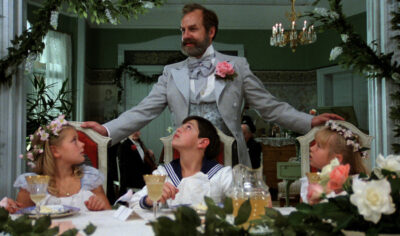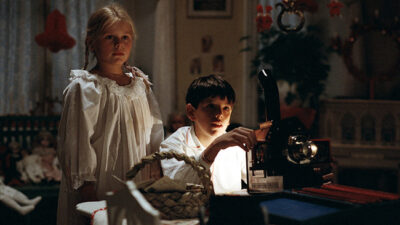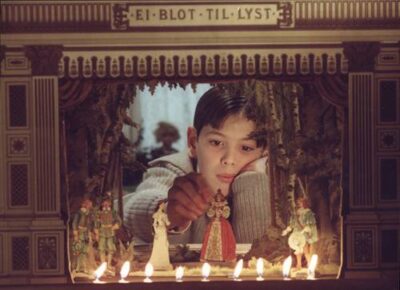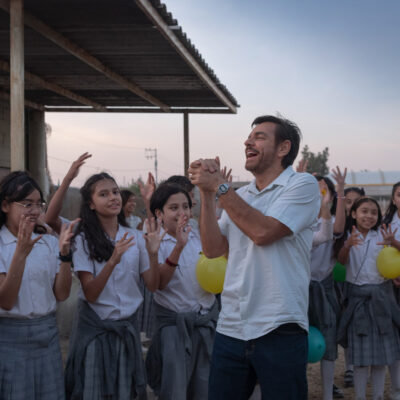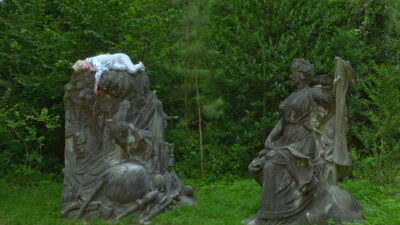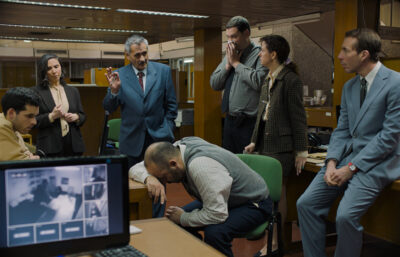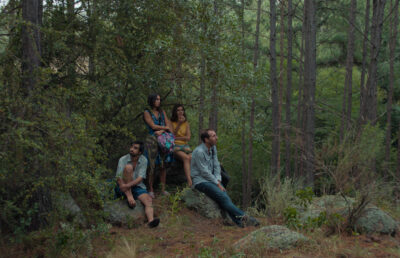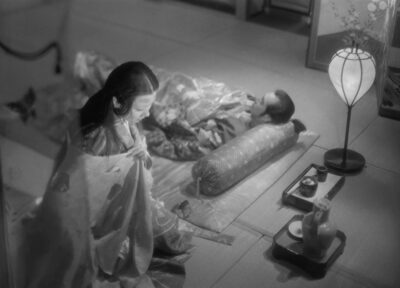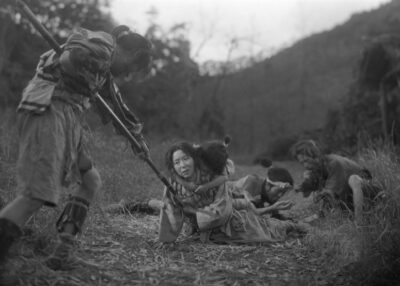Gently devastating in its compassion, Monster, the latest from Japanese master Hirokazu Kore-eda (After Life, Shoplifters, Broker), is a masterpiece of shifting perspectives that defies expectations. It begins with a mother who confronts a teacher about her child’s behavioral changes. This is the first time Kore-eda has directed a film he did not write in almost 20 years. (The film was the last scoring project by Ryuichi Sakamoto.) We open Monster this Friday at the Laemmle Monica Film Center, Glendale, Town Center/Encino and Claremont 5.
Leading film critics have weighed in:
“Monster is one of the finest films of the year, and its structure — like its circle of characters — carries secrets that can only be unraveled through patience and empathy.” ~ Natalia Winkelman, New York Times
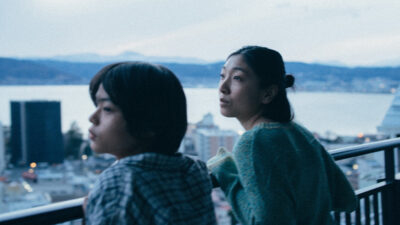
“There is so much beauty in Monster, and so much sadness.” ~ Bill Goodykoontz, Arizona Republic
“Monster’s three perspectives are not so much in argument with one another as they are pieces of the same puzzle. And once they are locked together, the final portrait is staggeringly heartbreaking.” ~ Barry Hertz, Globe and Mail
“While Monster depends on dramatic irony and revelatory twists, it’s also a showcase for director Hirokazu Kore-eda, whose knack for collaboration brings out the best in his actors, especially his younger cast members.” ~ Simon Abrams, RogerEbert.com
“One of the director’s finest, its thematic scope and emotional power growing with each new revelation.” ~ Nick Schager, The Daily Beast
“Across the film, you can feel the push and pull between a master technician who built his career on the patient, delicate plucking at our heartstrings and his newfound desire to please a wide audience with the broadest of affective strokes.” ~ Kyle Turner, Slant Magazine
“Monster is another striking piece of work from a master, a movie that’s so carefully calibrated that you get lost in these characters, forgetting they’re performers and not people caught up in a genuinely traumatic chapter of life.” ~ Brian Tallerico, RogerEbert.com
“Monster keeps its secrets until its final moments, leaving us with the feeling that we have earned its trust and are worthy of the precious, beautiful truths that lie at its heart.” ~ Alexandra Heller-Nicholas, AWFJ.org
“A case of Kore-eda’s incredible felicity in handling child actors, or perhaps the kids challenging and inspiring Kore-eda yet again.” ~ Namrata Joshi, The New Indian Express
“Kore-eda is a master of directing children’s performances, so it’s no wonder that Monster is at its best when there are no adults on screen, the children living in their own world of fantasy and adventure and emotion.” ~ Alissa Wilkinson, Vox

